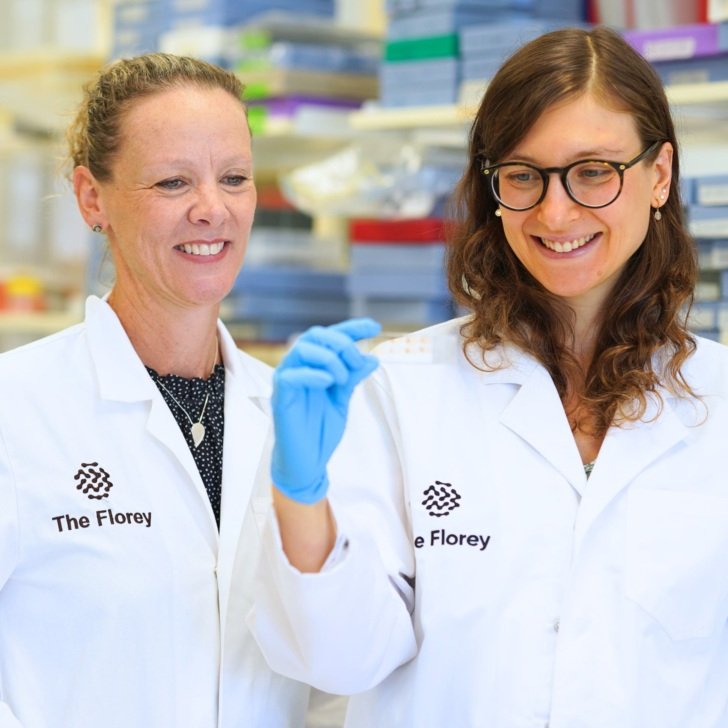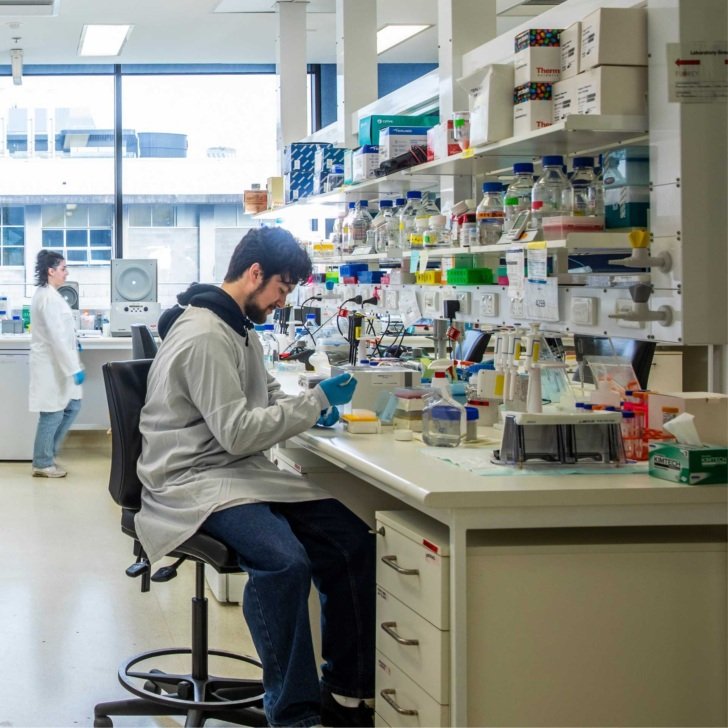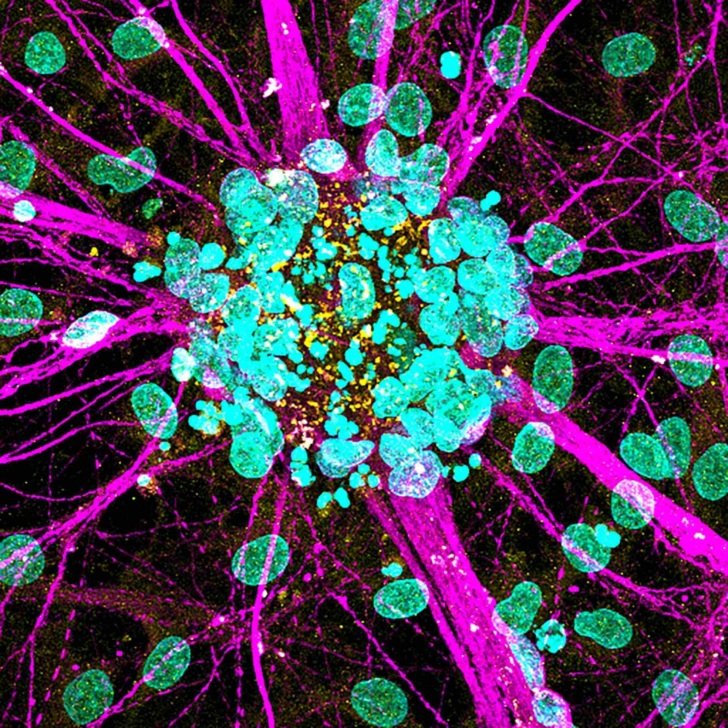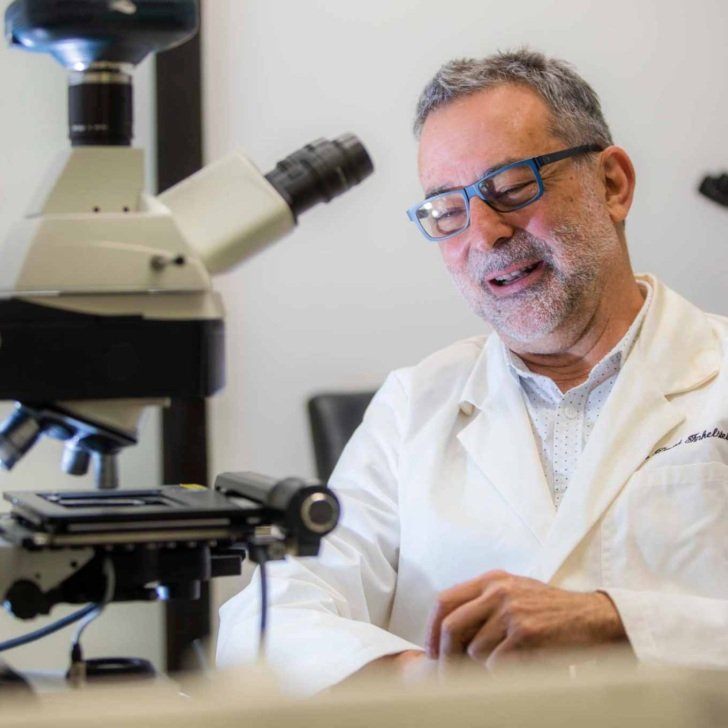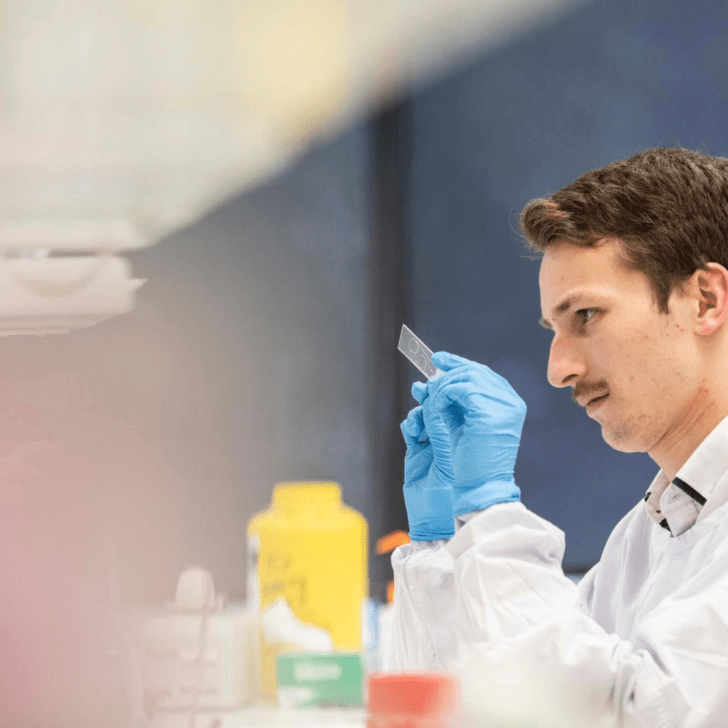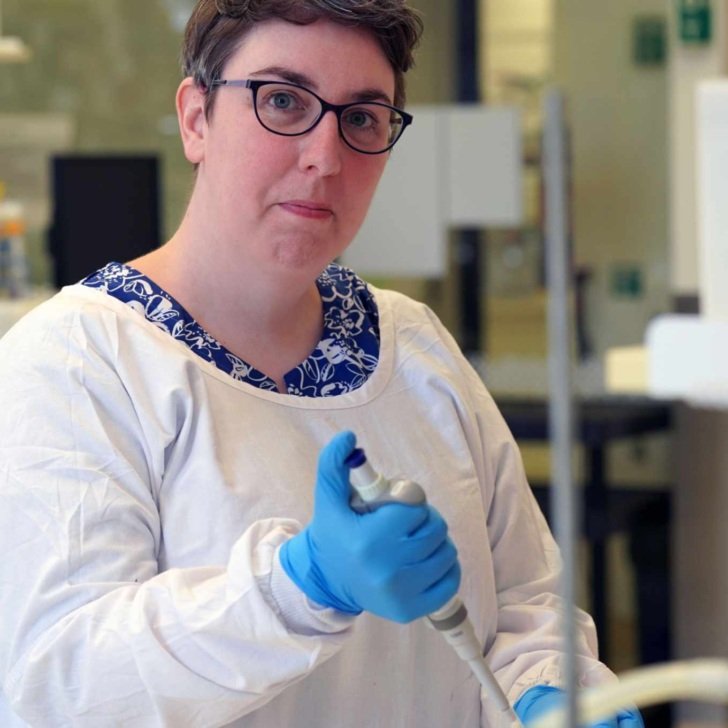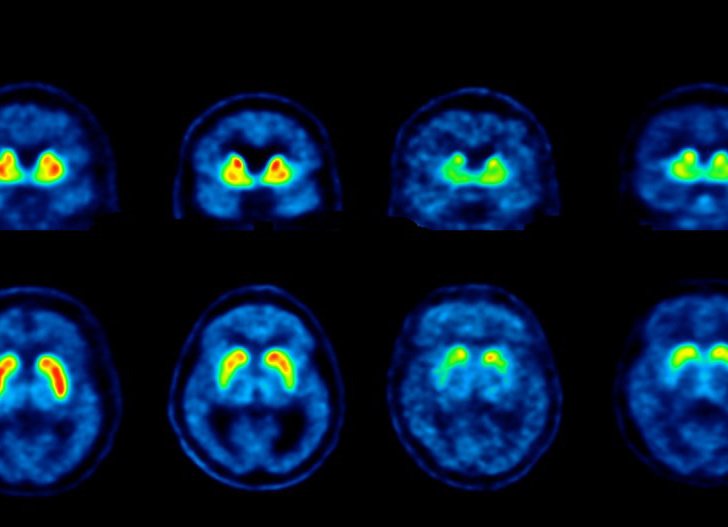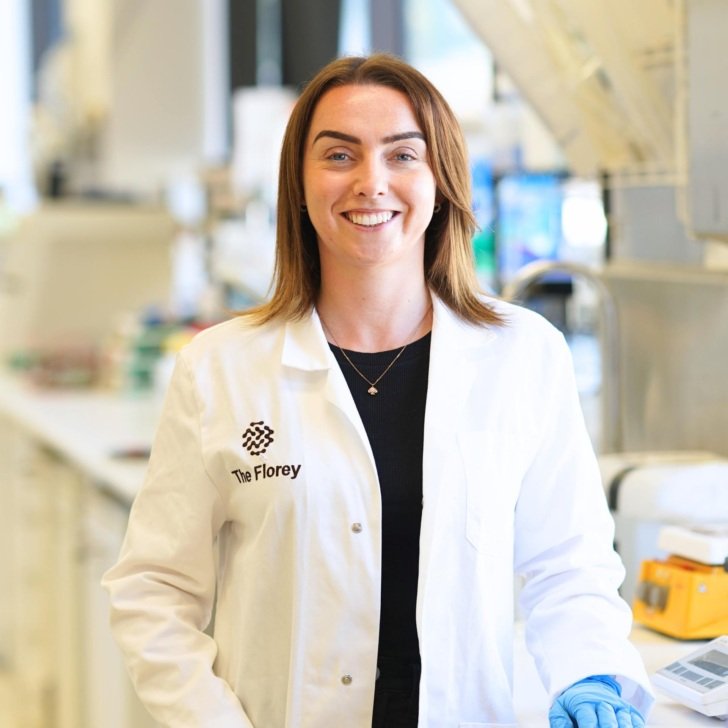
Parkinson’s disease
Parkinson’s disease is a progressive condition that affects the whole body and mind. Common symptoms include tremors, painful muscle contractions and difficulty speaking. Symptoms begin when nerve cells in the brain stop working properly. The most affected cells can be those deep in the brain, responsible for making the chemical dopamine, a messenger necessary for smooth, controlled movements.
The cause of Parkinson’s is unknown but people with a family history of the disease have a higher risk. The disease usually occurs in older people, but younger people can also be affected.
How The Florey is making a difference
Florey researchers are looking for the cause of Parkinson’s disease and possible factors that may trigger the disorder, as well as studying genetic factors to determine how genes could play a role.
We’re working on developing new protective drugs that can delay, prevent or reverse the disease, and improving methods of diagnosis and monitoring of treatment.
Importantly, we’re engaged with the Parkinson’s community to ensure that our research meets their need of improved quality of life.
Research projects
- Biological inorganic chemistry of copper in the early ubiquitination pathways
- Cell therapy for brain repair focusing on Parkinson’s disease
- Development of antisense oligonucleotides as a potential treatment of Parkinson’s disease
- Does early life exposure to iron represent a risk for Parkinson’s disease?
- Generating neuronal subpopulations from pluripotent stem cell sources for disease modelling and brain repair
Research groups
More information
For further information and support, please contact Fight Parkinson’s on 1800 644 189.
Latest news
Latest Florey news on Parkinson’s disease
